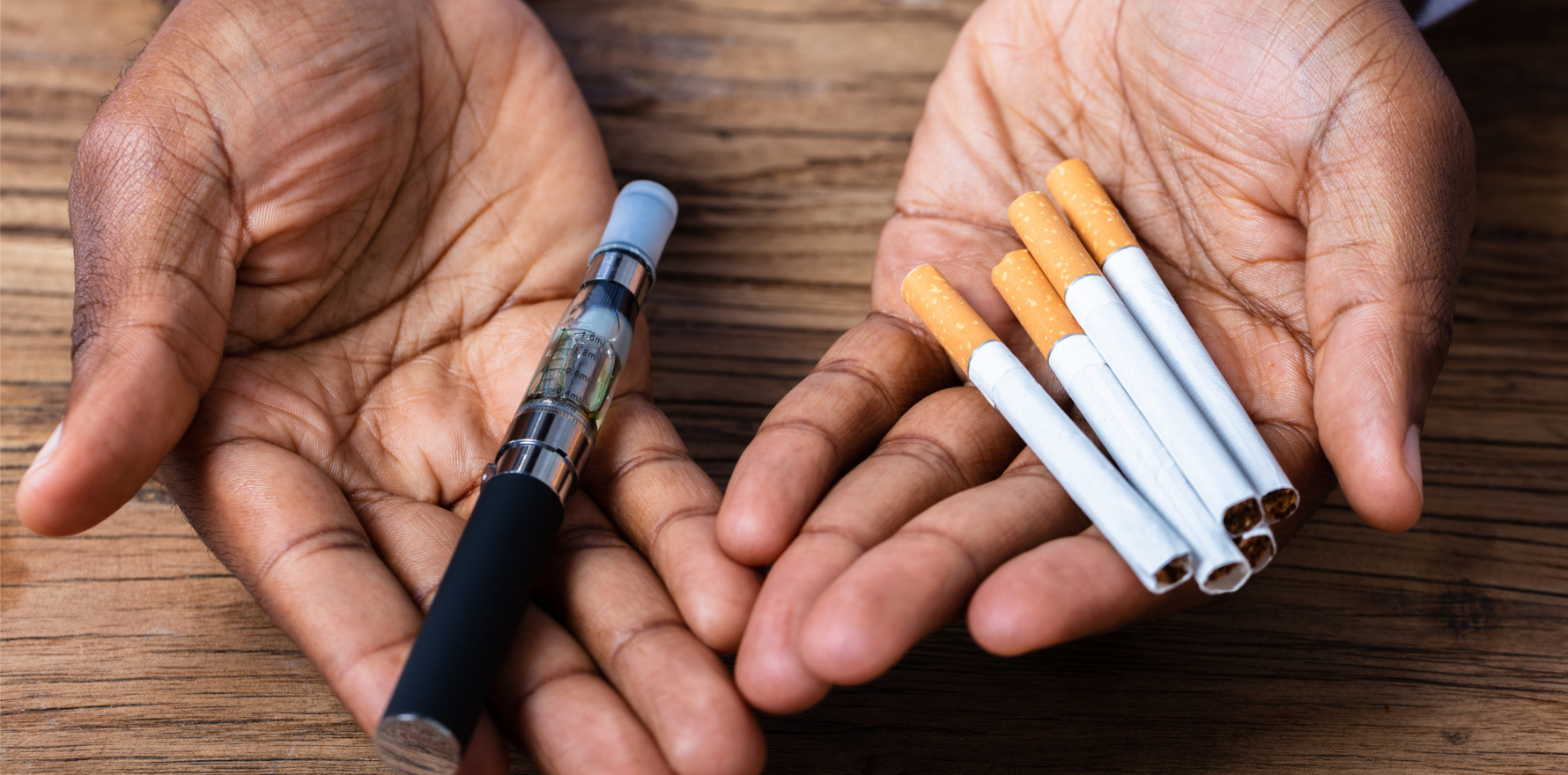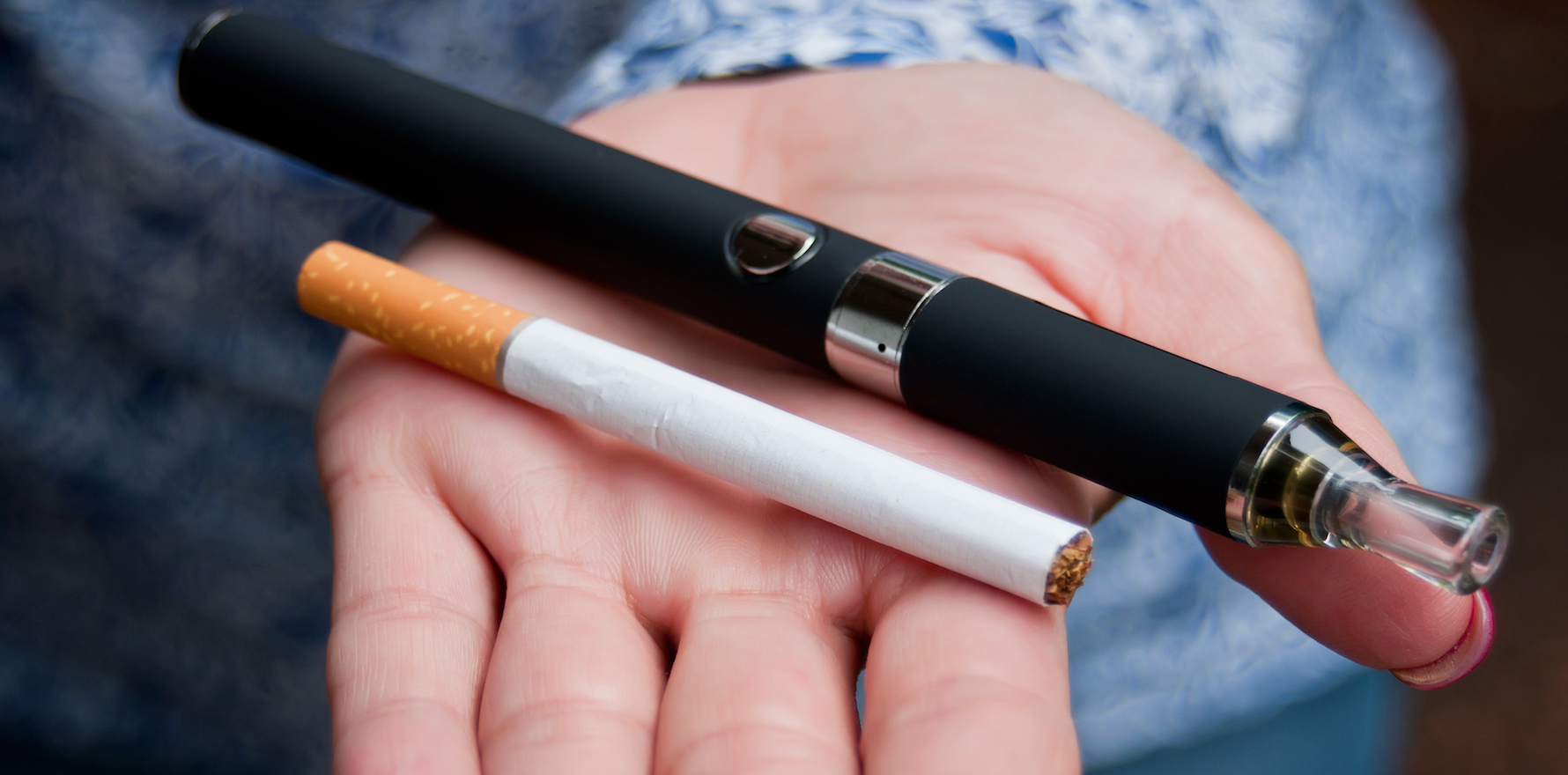It turns out that vapes are leaching (pollutants), rather than singing, in the rain.
The AMA is imploring parliament to pass the federal government’s vaping bill to limit access to prescription-only, for the health of the next generation and our environment alike.
In March, the centrepiece of the government’s crackdown on tobacco and nicotine, the Therapeutic Goods and Other Legislation Amendment (Vaping Reforms) Bill 2024, moved through the House of Representatives to the Senate.
The Bill, which is now sitting in front of parliament after being endorsed by the Senate standing committee to be passed without amendment, aims to build on regulatory changes implemented earlier this year which constricted the import of disposable vapes.
Speaking on the Bill, AMA president Professor Steve Robson said vapes were an “environmental triple-threat”, containing solid plastic waste, lithium batteries and toxic liquid nicotine.
“Vapes are classified as hazardous waste around the country but most vapes are being thrown away in the garbage, or worse – dumped as litter – which is terrible for the environment,” said Professor Robson.
“The plastic waste from the device body and pod never fully decomposes.
“Rather than decomposing, plastic turns into microplastics, or tiny pieces of plastic, which continue to pollute the environment and pollute our food and drinking water.”
According to the AMA, the material used in vapes also contributes to deforestation through carbon emission from manufacture and transport and mining for components.
“The electronic waste or lithium-ion battery waste can corrode and the metals and chemicals – like lithium – leak into the ground, polluting the soil and water long into the future,” added Professor Robson.
“Incorrectly disposed batteries can also cause fires in garbage trucks and landfills, which can harm people, animals and the land.
“We know liquid nicotine is also an acute hazardous waste that is toxic to humans if consumed.”
Related
Despite ongoing concerns over safety and sustainability, vaping has tripled across the country since 2019, rising from 2.5% to 7% in 2022-23, according to data from the National Drug Strategy.
Professor Robson implored parliament to support the reforms, for both the health of the next generation and the health of our environment.
“Anything less is a betrayal of a healthier, safer and cleaner future for our kids,” he said.
If passed, the Bill would maintain legal access only for patients using vaping for smoking cessation or nicotine dependence, but would prevent the domestic manufacture, advertisement, supply and commercial possession of non-therapeutic and disposable single use vapes.
Those found to be supplying, manufacturing or importing vapes to the recreational market would face imprisonment of up to seven years and fines of up to $2.2 million under the new Act.
Commercial possession could also face imprisonment and fines, but likely of a lesser severity.
If passed, the changes proposed in the Bill would take effect by 1 July 2024 or immediately following Royal Assent.





